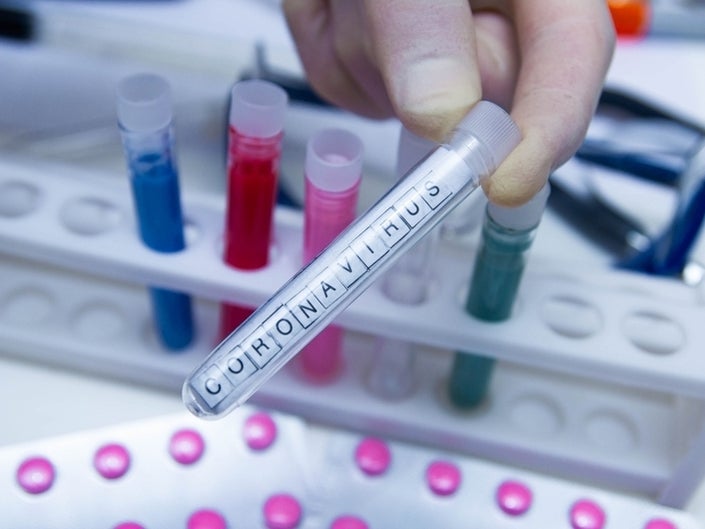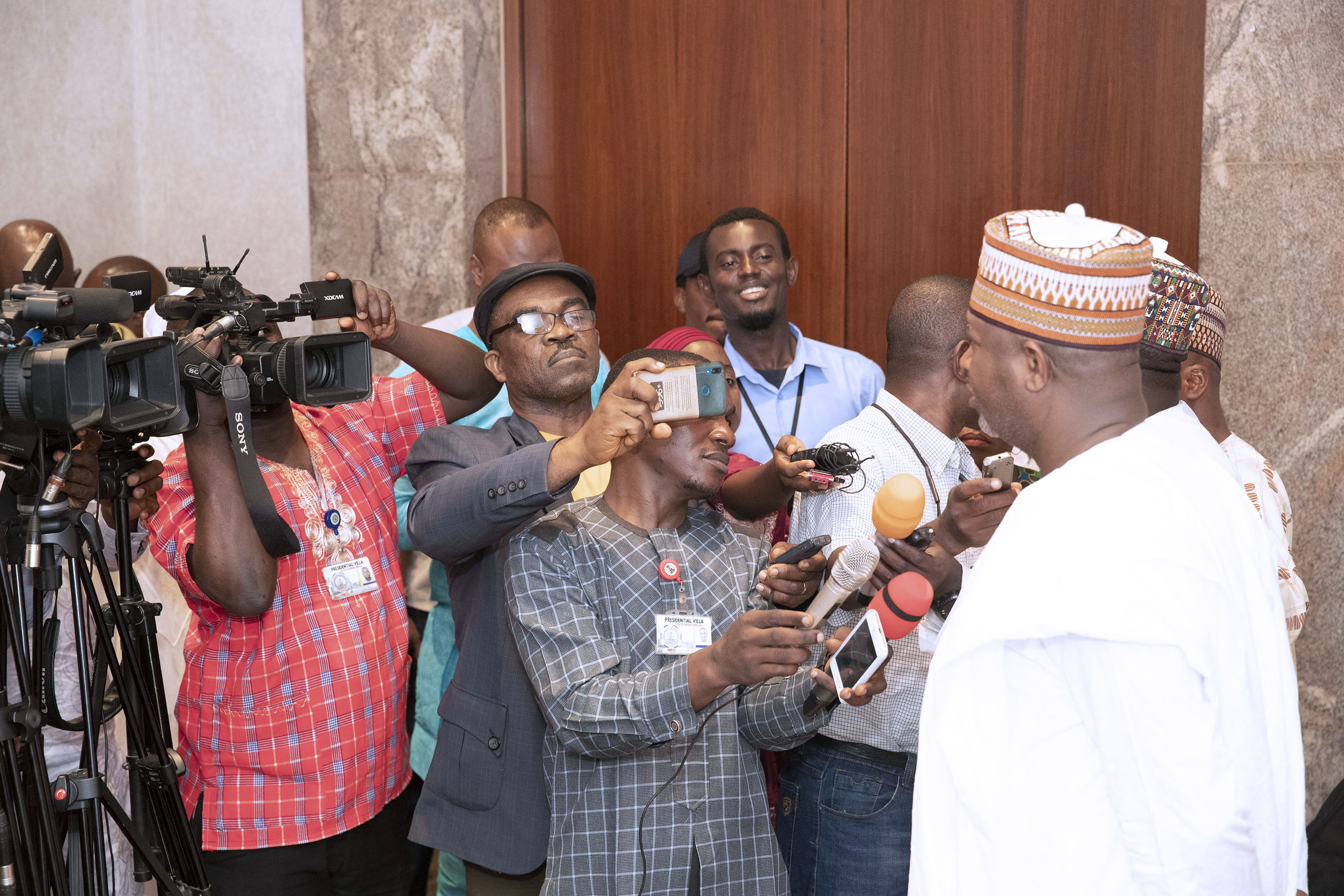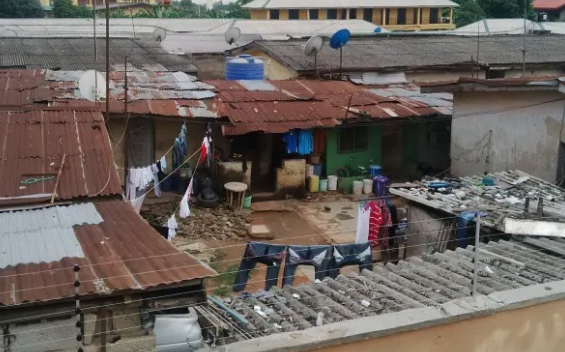BY OLUMIDE ADENMOSUN
While the rest of the world is beginning to see the worst of COVID19 pandemic with another global economic depression looming, many nations are now bracing for impact. The stock markets will further crash, businesses will fold up and jobs will be lost, the worst of all – people will die!
Though Africa has been surprisingly unfraught with limited cases of COVID-19, the rest of the world and scientific community are wondering what their “wonder-pill” has been? Perhaps it is the warm climate? Or could it be the case of herd-immunity now being touted in the UK – where people are expected to just develop some kind of natural resistance to the virus? Or could it be that the public health surveillance systems developed during the Ebola pandemic had created some protective shield for easy penetrance? Or could it be that there are not just enough testing going on to detect existing asymptomatic cases because of a prevalently youthful seemingly healthy population? Well, we don’t seem to know so much about why Africa has been quite lucky – for now, and we hope it stays that way.
However, with the dynamics of nCOV19, and the sustenance of international travel – since citizens of a country cannot be denied entry back to their homeland, bursts and flashes of outbreaks are bound to happen even with self-isolation protocols in place. And if uncontrolled, sizeable regional epidemics might envelope Africa in no time. While contact-tracing helped a lot during the Ebola pandemic under the Prof Abdulsalami Nasidi – led NCDC and other stakeholders involved at the FMoH, same protocols may not perfectly align with tracking and defusing the COVID19 pandemic. For instance, asymptomatic carriers of nCOV19 may be able to still transmit the contagion while being undetectable with no signs of fever. Therefore, a routine temperature check for someone coming through the ports of entry might not be sufficient. An actual rapid diagnostic testing might need to be done – even if all it could avail at the point of testing is a presumptive diagnosis that may need to be later confirmed with a gold standard test at a reference lab.
A group of Nigerian scientists whom I coordinated may have tried to put forward a locally validated rapid diagnostic test kit that could detect the Ebola virus under 30mins back in 2014. But with the rigors of institutional red tapes for clinical use, it became unnecessary to pursue commercial deployment as Nigeria later became Ebola-free. And since the government already had a working social contact surveillance protocol in place, the testing kits were not supported for adoption. But the scientific understanding about Ebola transmission was that it was not efficiently communicable – unlike COVID-19. Ebola could rarely be transmitted if an infected subject has not become symptomatic. But with nCOV19, asymptomatic persons can transmit the virus while the virion can survive on surfaces for hours – which can facilitate fomite transmission. However, to keep Nigeria and the rest of Africa safe when the rest of the developed world is running out of testing resources, such locally validated and adapted test kits may need to be welcome for use at ports of entries – to prevent new COVID-19 cases from flaring up. And at the same time, preventing asymptomatic subjects from waltzing through arrival lounges undetected.
Advertisement
One other significant capacity that the Nigerian government and the rest of Africa should be developing is – tasking its local scientific community to come up with ideas that can lead to translational research. Such researches should have the potentials of deployment into useful products, drugs, and therapeutics that can help mitigate such pandemics as COVID-19. No developed nation will expend billions of dollars and fortune on their institutes of health or centers for disease control – to come up with potential vaccines or drugs and have them deployed to another nation who has spent little to prepare for such future emergencies. They would cater to their citizens first even when other affected populations are dropping dead around them. And unfortunately, it may genuinely be the most logical thing to do should the pandemic persist for longer than expected.
Sometimes such life-saving ideas may require institutional collaboration. For example, the Nigerian (and possibly other seropositive) COVID19 survivors recently cleared from quarantine may have the recipe for a COVID-19 treatment inherent in the DNA of their sensitized peripheral blood leukocytes. Though it may indeed take about 12-18months to come up with a viable vaccine that will benefit an unaffected population, we may be able to generate synthetic antibodies using biotech techniques to clone the genetic sequence of the segment of DNA that codes for the single chain variable fragment (scFv) of a COVID-19 survivor’s B-cells. The scFv(s) could be cloned into a viable vector that can be used to transform a rapidly replicating eukaryotic cell line. These genetically transformed cells can synthesize massive monoclonal antibodies (mabs), which can be used to test a couple of synthetically generated nCOV19 viral surface proteins. If successful, it can be used to create a repertoire of mabs that can be utilized for synthetic antibody therapy in the face of extreme debilitating crises. Such therapeutic products could give some reprieve and keep down the death rate among the aged population that is more vulnerable to COVID19.
And yes, this sample idea is something that a local health institution like NIMR and NCDC with collaboration from brilliant scientists from other surrounding institutions and universities can execute within weeks – with appropriate funding. Ideas like this and more don’t have to be revered just from scientists recognized from Harvard, Hopkins, Imperial College, or University College London. Indigenous scientists from public and private institutions like ACEGID, UI, ABU, UNN, Covenant, and Bowen Universities (all within Nigeria) may also execute such innovative ideas that can easily lead to deployable translational research for our nation and the entire Africa continent at large.
Advertisement
Though some leaders at our national health institutions may have dismissed such viable ideas in the past, it is however imperative that Nigeria and the rest of Africa begin to embrace ideas from her brilliant scientific minds who might be able to coordinate local inbred innovations that could help with such public health needs like diagnostic testing and potential vaccine development during and beyond the COVID-19 pandemic.
Adenmosun is a pioneering alumnus of Bowen University, Nigeria, and currently a Microbiology instructor and doctoral candidate at Florida Atlantic University, USA, where he has bagged 3-postgraduate degrees including an MS, MBA and Graduate Certificate in Bioengineering. He is also the founder and CEO of Eurekan Biotechnologies, CoYP.biz, and DNAEnsemble. He can be reached at [email protected]
Views expressed by contributors are strictly personal and not of TheCable.
Add a comment






